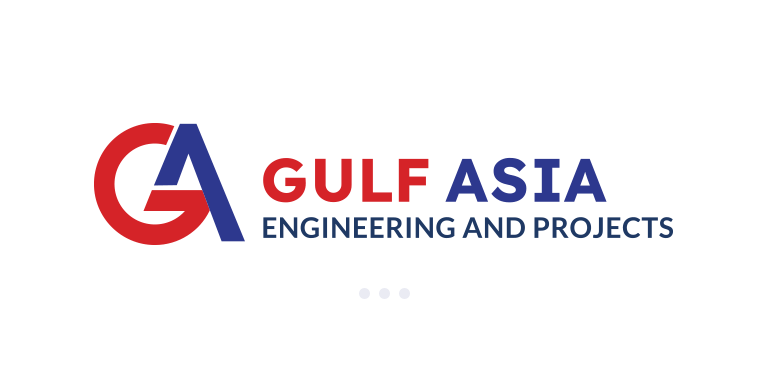Engineering, construction, and technological landscapes are ever-evolving and outsourcing has emerged as a strategic approach for businesses seeking to streamline their operations, reduce costs, and enhance project delivery. This paradigm shift in project management has redefined the way modern organisations approach complex projects, and project outsourcing offers a range of benefits but also certain challenges that organisations need to consider and navigate around in order to ensure the best, mutually beneficial output.
In this comprehensive guide, we’ll explore the pros and cons of engineering projects outsourcing, shedding light on key considerations in project controls, engineering services, procurement services, and construction project management. Let us first dive into the added advantages of project outsourcing:
Access to Global Expertise
One of the most significant advantages of engineering projects outsourcing is the ability to tap into a global pool of experts. Partnering with a specialized outsourcing provider like GAEP grants our clients access to a team with extensive global EPC experience. This wealth of knowledge and hands-on expertise is invaluable in navigating large-scale engineering projects and ensuring project success.
Efficient Global Supply Chain
Outsourcing providers with an established global footprint bring to the table a well-oiled supply chain framework. This capability ensures a streamlined flow of materials, equipment, and resources, optimizing project timelines and reducing procurement bottlenecks. At GAEP, we prioritize an efficient supply chain as we understand this is crucial for timely project execution, particularly when each step of the process depends on various moving pieces, multiple vendors, approvals etc
Specialized Project Controls
Effective project controls are the cornerstone of any successful engineering project. Your outsourcing partner managing project controls should be able to offer tailored solutions that enhance transparency, accountability, and performance tracking. This allows businesses to maintain a firm grip on project progress, costs, and risks, ensuring that the objectives decided upon are met within set parameters of resource allocation, quality checks etc.
Cost-Efficiency
Project outsourcing presents a practical approach to reducing project-costs by cutting down the expenditure on salaries, benefits, training, and equipment. It also eliminates the need for investing in costly technology and infrastructure, an external partner like GAEP will be able to provide high-quality resources for project-execution. Additionally, GAEP even helps with reducing administrative costs by streamlining project execution and ensures the most effective use of resources and technology.
While there are various advantages to outsourcing large-scale projects in Engineering, Construction and IT, it is also best to be mindful about some of the challenges that one may need to navigate around:
Loss of Direct Oversight
One of the primary concerns with outsourcing engineering projects is the potential loss of direct oversight. Entrusting critical tasks to an external partner means giving up some level of control over the project’s day-to-day operations. Our experience in the EPC industry helps us navigate around this by establishing robust systems in place for transparency and constant communication. Here at GAEP, we have detailed, process-led reporting mechanisms to bridge this gap and maintain transparency.
Dependency on Vendor Performance
Outsourcing places a significant degree of reliance on the performance and capabilities of the chosen vendor. Any shortcomings or delays on the part of the outsourcing partner can directly impact project timelines and outcomes. Hence, GAEP always conducts thorough due diligence when selecting an outsourcing provider and establishes clear performance metrics and benchmarks.
Potential Cultural and Communication Barriers
In a globalized outsourcing landscape, working with teams from different regions and cultures can introduce communication challenges. Misunderstandings, language barriers, and differing work cultures may arise. Being a global company with a diverse portfolio spanning multiple sectors, we appreciate the significance of taking proactive measures to ensure seamless deliveries. By proactively identifying potential challenges, streamlining communication channels, and establishing clear protocols, we empower our teams to work cohesively across borders, time zones, and disciplines, ensuring that every project we undertake is characterized by synergy, innovation, and ultimately, outstanding results.
Risk of Intellectual Property Concerns
When outsourcing engineering projects, businesses may be required to share proprietary information and intellectual property with external partners. This raises potential concerns about the security and protection of sensitive data. Hence, we always go above and beyond to have in place thorough contractual agreements, non-disclosure clauses, and stringent data protection measures that are essential safeguards against intellectual property risks.
All in all, project outsourcing presents a powerful opportunity for businesses to leverage global expertise, streamline supply chains, and implement innovative project controls. By carefully weighing the pros and cons and selecting a reputable outsourcing partner with a proven track record, businesses can harness the full potential of capable partners in the industry to drive success in complex engineering endeavours. With the right strategies in place, outsourcing becomes a dynamic tool for achieving engineering excellence.

